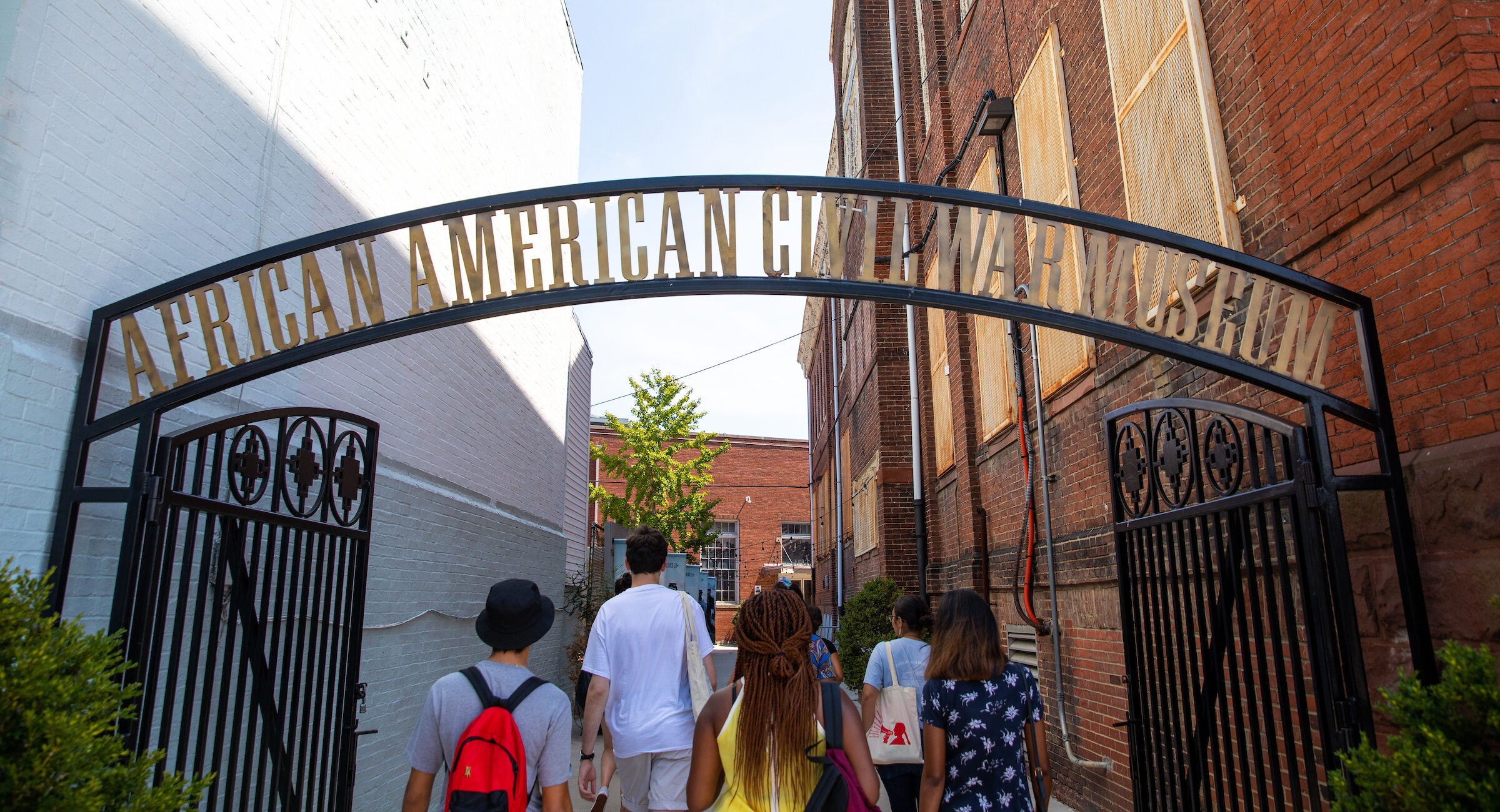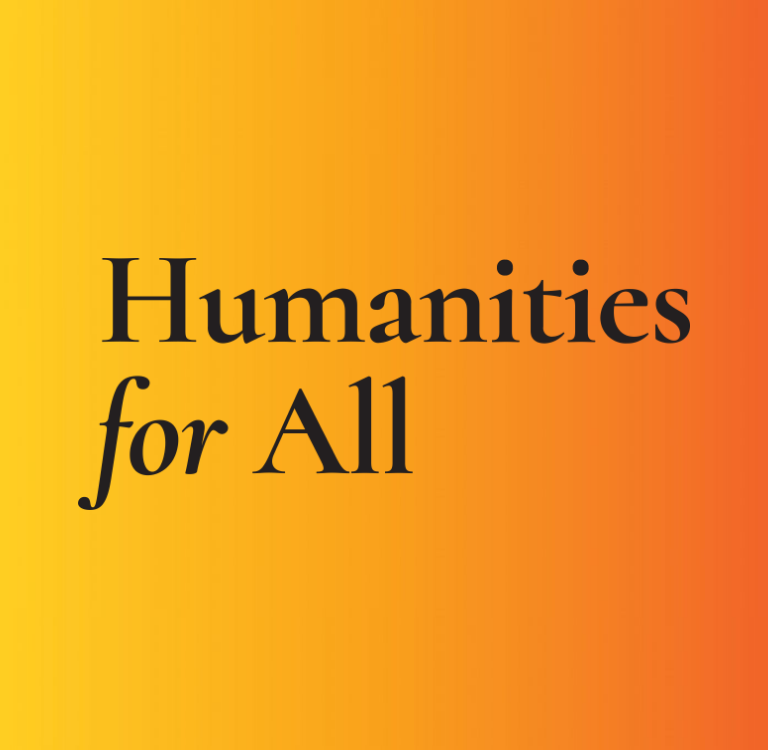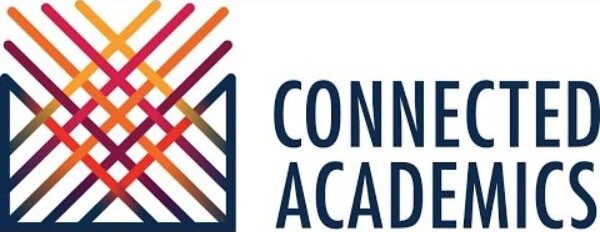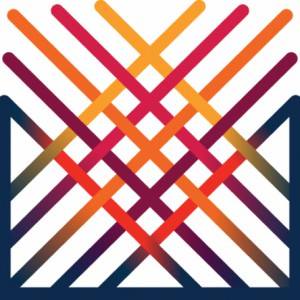
Start Exploring the Publicly Engaged Humanities
What are the Engaged and Public Humanities? How do humanities professionals apply the knowledge and skills they gain from their training and from meaningful work experiences in different fields to address the most pressing issues facing society right now? The following blog entries are great starting points to learn about the possibilities Georgetown’s M.A. in Engaged and Public Humanities opens for its graduate students.
Humanities for All

Humanities for All is an initiative of the National Humanities Alliance Foundation that showcases higher ed-based publicly engaged humanities initiatives, which range from humanities research, teaching, preservation, and a wide variety of public programming. It presents a cross-section of over 2,000 undertaken over the past decade from all 50 states, the District of Columbia, and Puerto Rico. This collection includes a wide range of humanities projects that engage with diverse publics as audiences and as partners.
Daniel Fisher-Livne, Research Affiliate at the National Humanities Alliance, wrote three introductory essays that delve into the different types of engagement in public humanities projects (Outreach, Engaged public programming, Engaged research, Engaged teaching, and the Infrastructure of engagement); the overarching goals toward which nearly all public humanities projects work (Informing contemporary debates; Amplifying community voices and histories; Helping individuals and communities navigate difficult experiences; Expanding educational access; and Preserving culture in times of crisis and change); and the importance of collaboration and partnerships for creating truly engaged humanities projects.
- A Typology of the Publicly Engaged Humanities.
- Goals of the Publicly Engaged Humanities.
- Partnership and Publicly Engaged Humanities Work.
MLA Connected Academics Blog

The entries of the MLA Connected Academics blog present reflections and lessons learned by participants in the activities of the Connected Academics project, which included exploration of career paths, identification of transferable skills, framing of diverse experiences as résumé-worthy, connection with others for professional advice, conducting of informational interviews and building of community ties.
- Candace Cunard, “Build Your Own Professional Utopia”.
- Matthew John Phillips, “Toward a More Generous Future”.
- Molly D. Appel, “Lessons from the MLA Career Development Boot Camp: ‘Alt-Ac’ is not so ‘Alt’ After All”.
- Carolyn Ureña, “What Counts as Experience? Diversity as an Asset”.
- Beth Seltzer, “MLA Career Exploration Activity Packet: Skills Self-Assessment, Job Ad Analysis, and Next Steps”.
- Sarah Goldberg, “Preparing for Life Outside the Academy: A Primer and Resource Guide”.
- Parfait Kouacou, “Reimagining Graduate Scholarship: The Emergence of Paid Internships”.
- Maria Seger, “Information Exchange: Thinking of Networking as Learning Symbiosis”.
- Molly Mann, “Instead of ‘Networking,’ the Art of Asking”.
Georgetown, MLA and Connected Academics’ Reinvent PhD Project Blog (2015-2018)

Connected Academics is a national-scale project led by the Modern Language Association and funded by the Andrew W. Mellon Foundation, aimed at preparing doctoral students of language and literature to be influential in an array of academic and non-academic careers. Georgetown’s Reinvent PhD project focused on exploring ways to combine the benefits of scholarly training in the humanities with experiences in work environments beyond the university, expanding intellectual discourse by cultivating dialogues with public intellectuals and specialists in non-academic areas.
The entries of the Reinvent PhD blog exemplify these dialogues, covering broader ways of understanding the value of humanities in public life, the attitudes and skills cultivated in graduate education in the humanities, the expansion of personal and professional pathways, advice for humanities professionals to succeed in their job searches, and how to make public humanities work more inclusive of other cultural traditions.